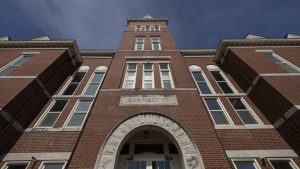
June 6, 2025
Mizzou Engineering leaders awarded named professorships
These three-year appointments recognize excellence in research, teaching and service across multiple disciplines.
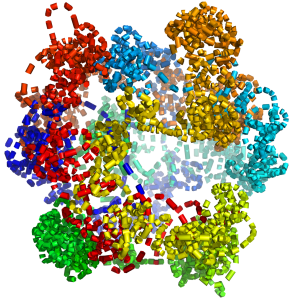
May 28, 2025
New AI tool reveals single-cell structure of chromosomes in 3D
A breakthrough at Mizzou Engineering could help scientists better understand how genes work — and how certain types of cancer develop.
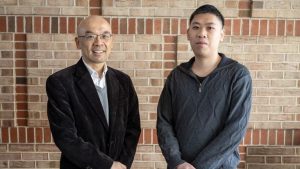
Jan. 23, 2025
Mizzou engineers earn distinction in advancing protein modeling and prediction
MULTICOM excels in five critical categories at the prestigious Critical Assessment of Structure Prediction.
![The multidisciplinary team consists of faculty from Mechanical Engineering (Matt Maschmann), Chemical and Biomedical Engineering (Matthias Young, Sheila Grant and David Grant) and Electrical Engineering and Computer Science (Jianlin Cheng [not pictured], James Keller, Filiz Bunyak and Prasad Calyam).](https://engineering.missouri.edu/wp-content/uploads/2024/11/DSC_4763-300x200.jpg)
Nov. 13, 2024
Accelerating materials discovery
Mizzou Engineers are partnering with Arizona State University, Brewer Science and the U.S. Army Corps of Engineers Engineer Research and Development Center (ERDC), to increase the efficiency of materials development by using artificial intelligence (AI) and machine learning (ML) to model and test new materials. Mizzou's research is supported by a $1.87 million grant, sponsored by Arizona State University.
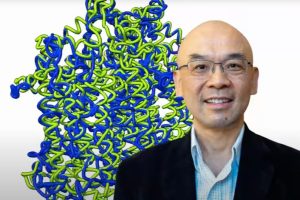
Sep. 23, 2024
Paving the way for new treatments
Mizzou researcher Jianlin “Jack” Cheng debuts tool to build 3D structure of protein complexes, giving scientists insights to prevent and treat disease.

April 19, 2024
Jianlin “Jack” Cheng named 2023 AAAS Fellow
Jianlin “Jack” Cheng, a Curators’ Distinguished Professor in the College of Engineering and a NextGen Precision Health initiative researcher, was named a 2023 AAAS Fellow.
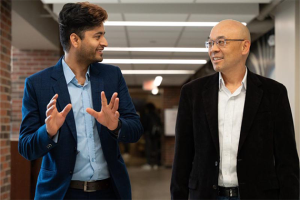
Feb. 12, 2024
Elevating excellence for tomorrow’s innovators: Jianlin ‘Jack’ Cheng
Jianlin “Jack” Cheng is passing on his knowledge and preparing the next generation to solve some of society’s most pressing issues.
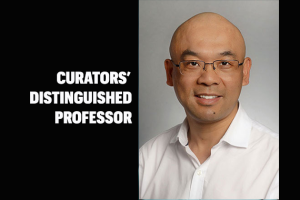
Sep. 20, 2023
Jianlin ‘Jack’ Cheng named Curators’ Distinguished Professor
Jianlin “Jack” Cheng has been named a Curator’s Distinguished Professor, the highest honor bestowed by the University of Missouri System, for his groundbreaking work around artificial intelligence (AI)-based protein structure prediction.
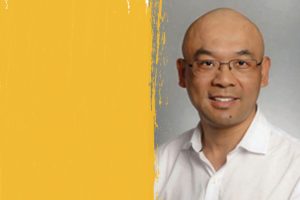
May 23, 2023
Cheng developing software to predict protein function using generative AI
A Mizzou Engineer has received funding from the National Science Foundation to develop a tool that will predict how a protein functions based on its order of amino acids. Jianlin “Jack” Cheng envisions developing open source software that would allow a user to enter the sequence, then the system would predict not only how that string of amino acids will form into a structure but also the role it will carry out within a cell. Additionally, the system would pinpoint the specific site of the protein that carries out the function.

March 6, 2023
Mizzou Engineer lends protein prediction expertise to climate change studies at Danforth Plant Science Center
An inter-institutional research team is using the power of computational analysis to pinpoint which plant genes confer resilience against rising temperatures that threaten global food supplies in the coming decades. Mizzou Engineering Professor Jianlin “Jack” Cheng — one of the first scientists in the world to use deep learning, a powerful artificial intelligence technique, to predict protein structures — adds a unique perspective to the work. Since 2018, he’s been collaborating with Dr. Ru Zhang, a plant scientist at the Danforth Plant Science Center in St. Louis, to leverage computational tools in the study of plant genes.